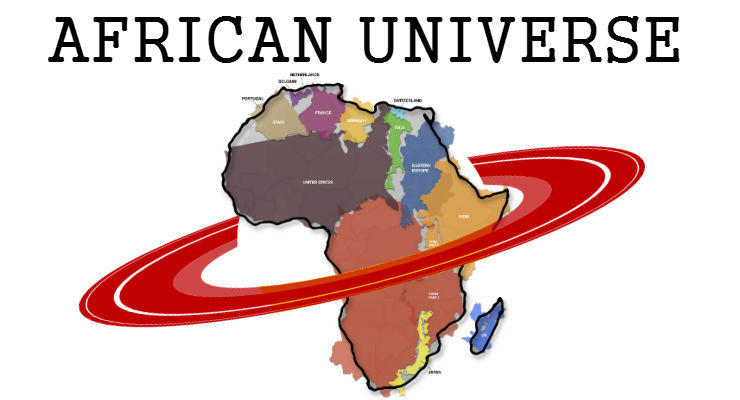
From Voice Of America
A last-minute decision to delay Nigeria’s general election, now re-scheduled for Saturday, has fueled doubt about the commitment to a free and fair poll in Africa’s most populous country.
For Nigerians, it’s an unwelcome, though not unfamiliar, outcome. The country hasn’t held a presidential election without a delay since 2007, when former President Umaru Yar’Adua handily beat sitting President Muhammadu Buhari.
But postponed polls aren’t exclusively a Nigerian concern.
Across Africa, 27 of 102 presidential elections have been delayed since 2009, based on data analyzed by VOA from various news reports and from the Electoral Institute for Sustainable Democracy in Africa, a not-for-profit organization based in Johannesburg, South Africa, focused on promoting credible elections.
Twenty of the 51 countries that held presidential elections experienced one or more postponements in the past 10 years. The delays ranged from two days to several years, with most lasting at least several weeks. Ivory Coast had the longest election delay— five years.
The root causes of the postponements vary, from civil wars and insurgencies to natural disasters and officials’ attempts to skirt constitutional term limits. Sometimes, election dates shift due simply to inadequate preparation.
When a country is unable to hold an election as planned, it can affect the credibility of the process. In Nigeria, voters told VOA they were confused and concerned.
But VOA’s analysis shows that an election postponement isn’t a sign of poor governance in and of itself — rather, both the strongest and weakest democracies experience the fewest election delays.
Delays & democracy
Each year, the Economist Intelligence Unit, an arm of the company that publishes The Economist newspaper, releases its Democracy Index. The Index ranks countries for attributes such as electoral process, political participation and civil liberties.
Overall, countries without election delays attained Index values in 2018 about 11 percent higher than those with delays. Countries without delays also scored about 24 percent higher on an electoral process and pluralism rating.
None of the countries with the highest overall scores, including Botswana, Cabo Verde, Mauritius and South Africa, experienced delays.
But a closer look reveals a more surprising finding: Countries with some of the lowest democracy index values, such as Burundi, Djibouti, Equatorial Guinea and Zimbabwe, also encountered no postponements.
In the period reviewed, 10 countries considered “authoritarian” by the Economist Intelligence Unit delayed elections, but 15 governments with that classification did not.
For countries committed to improving governance and creating more inclusive democratic processes, postponements could be used to bolster turnout and encourage voting without violence or coercion. But governments that hold pro forma elections have little need to make such arrangements.
Future trends
Election delays show no signs of growing rarer.
The number of delays in Africa dipped slightly from 2012–2015, but picked up again in 2016, when 20 percent of elections were postponed. Last year, that number doubled.
Nigeria is the first postponement of 2019, but some countries face ongoing delays. In South Sudan and Libya, voters continue to wait for their chance to shape the directions of their countries after multiple delays.
For Nigerian voters, the most recent election setback came at a particularly frustrating moment, mere hours before the polls were set to open. With a week before the new date, the campaigns for both candidates, incumbent Buhari and challenger Atiku Abubakar, the former vice president, hope voters won’t be deterred.
With a close race projected, the candidates are advocating patience, and encouraging people to consider that every vote counts.
Leave a Reply